Joker: Folie à Deux - Giving The People Nothing At All
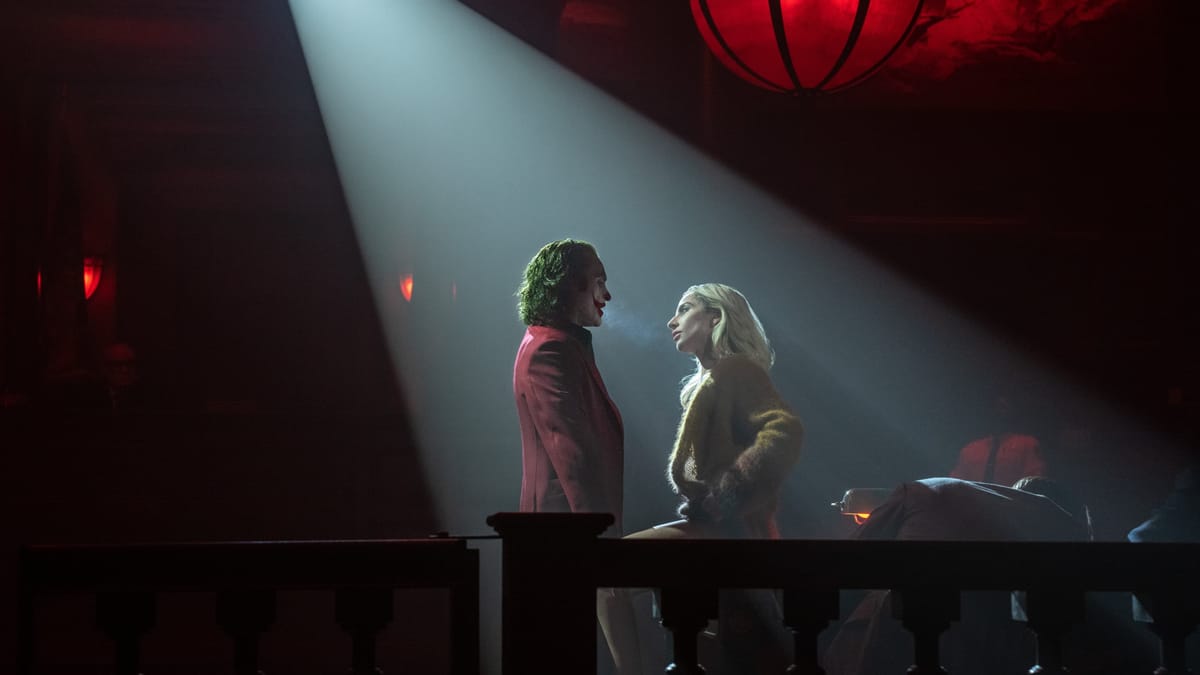
If there’s one thing that Todd Phillips’ Joker: Folie à Deux has going for it, it’s that it absolutely despises Joker fans. On its face, it’s pretty respectable to design a sequel with the express purpose of upsetting every incel who took the first movie as some kind of vote of confidence in perceived justified violence, but it’s also very possible to commit to the bit without also torturing anyone and everyone who sees your movie. This is a mess, but not a mess in the way that Joker was just an abhorrently morally misguided Scorsese riff – this is a mess that can barely be perceived as a movie at all. This is anti-narrative, completely incoherent slop with no ideas and an insidiously arrogant attitude towards its audience. While it might be admirable that Phillips hates the most insufferable subset of his fans, the feeling that translates to the screen is that it doesn't matter how he manages to burn the $200 million pile of cash Warner Bros. handed him as long as he pisses you off. And certainly, he will piss you off, no matter how you feel about his previous film.
Cinema history is littered with talented filmmakers who have taken studio money and made radically audience-unfriendly films. Ridley Scott’s Prometheus and Alien: Covenant both spat in the face of audience expectations to polarizing responses and weak box office results but remain some of the strongest entries in the Alien canon for that very reason, by taking radically different approaches to the concepts and lore that Scott had helped bring to life decades before. Tobe Hooper’s The Texas Chainsaw Massacre 2 received mixed responses for being a gruesome, comedic carnival of a swing in the opposite direction of the first film’s putrid, grungy terror. Alex Cox’s Walker was so aggressive in its stark depiction of destructive American imperialism and the evil of Reagan’s South American intervention that he was completely blacklisted from Hollywood and his current and final project was crowdfunded by fans. The list goes on – the point is that bolder filmmakers have proved that even if you want to exist in rejection of audience expectations, you can still produce a masterpiece – or at the very least, something interesting.
Folie à Deux is not interesting. If anything, it is actively uninteresting. It is frictionless and meaningless filmmaking that doesn’t even make the slightest attempt to create a narrative arc or any kind of character. It’s particularly telling that its title indicates some kind of faux intellectualism by inserting the French psychiatric term for a shared delusion despite the fact that the film really isn’t about that at all. It sounds fancy and implies something about the relationship between Joaquin Phoenix’s Arthur Fleck and Lady Gaga’s Lee Quinzel, but simply inserting a series of incoherent and poorly designed musical interludes does not a shared delusion make, nor does it say anything of substance about mental health (this, at least, is in line with the first movie’s completely vapid and insidious depiction of mental health in America).
This is a movie that clearly thinks so much of itself and yet refuses to ever do anything with its own material. It jumps around from place to place and idea to idea, constantly abandoning its own narrative stakes so it can get to the next thing as quickly as possible. Characters are empty and mostly serve no purpose. Lady Gaga’s Lee (the character canonically has a stupid name, Todd, commit to it) does very little with her screen time and the film can't even be bothered to give her a coherent motivation for anything she’s doing. Ostensibly, she is the insert for everyone who “misunderstood” Joker, a superfan who has seen the in universe TV movie they made about Arthur Fleck countless times. This is largely the impetus for Arthur’s inner turmoil, the fact that he has become a martyr for an army of angry Gotham residents, that he has become a figure that he himself doesn’t even really understand.
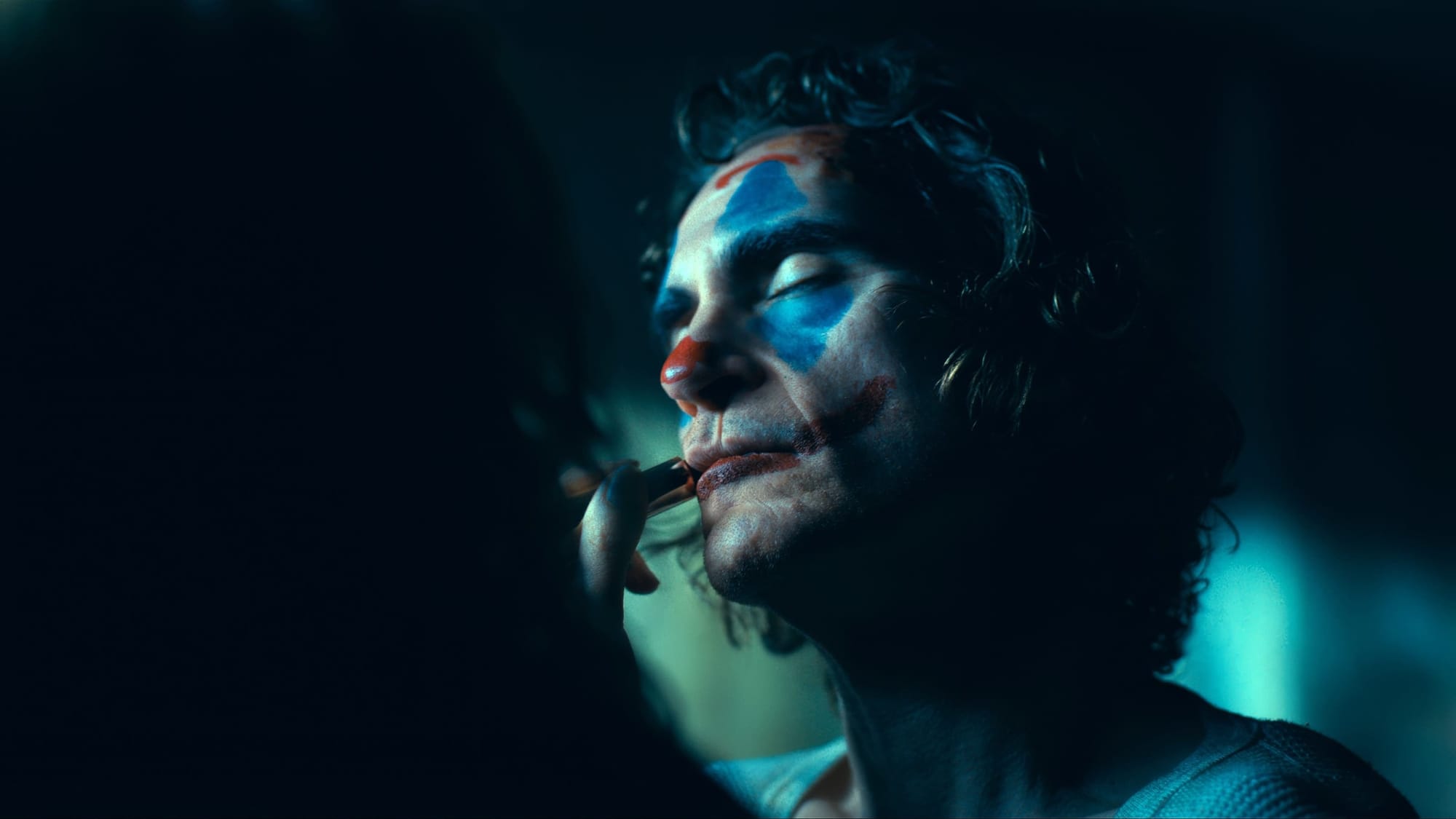
This representation of Arthur as a character is completely divergent from the first film, which for all intents and purposes, despite being grotesque in its depiction of all of its ideas, is a watchable movie with a narrative arc and extant character development. Joker’s depiction of Arthur is that of a man who is pushed to the brink by a collapsing society that has no interest in supporting its people, a man who was abused and ignored until he made his own violent fantasies come true. As much as he may try to deny it, Phillips’ film was an incel power fantasy that wielded the garish cinematic language of superheroes to show a world where if the downtrodden are pushed enough, they might just snap, and that these violent ideas would cause an uproarious anarchic riot among those with similar frustrations. Arthur may not have understood what exactly his actions meant to anyone else or why they spawned a revolution, but he certainly reveled in the chaos, sporting the same gleeful dog chasing cars grin that Heath Ledger’s Joker did in The Dark Knight.
Folie à Deux’s Arthur is pathetically empty, a now completely hollow husk that seems to just hope you can imprint whatever idea you want about him onto him. Now locked up in Arkham Asylum awaiting trial, he shuffles aimlessly through the dingy halls and stands hopelessly and silently in the muddy yard. Attempting to rewrite history, the film insistently posits that Arthur and Joker might be separate entities; a sad, disturbed man and his violent performance persona. This allows the movie to apply some semblance of sympathy onto Arthur, sort of hand waving his actions in the previous film and attempting to crowbar in its musical ideas by allowing him to express the Joker persona through musical numbers. This is amplified when Lee enters the film, but it’s not as if there’s anything of interest happening here. In fact, it seems more as if Phillips is continuing on his determinate warpath to make the most soulless and lifeless film imaginable, as the sequences are as dire and flat as the songs within them. Completely hollow production design barely even resembles a stage musical and only appears to be slightly visually interesting by contrasting it with the bleak grunge of Arkham Asylum, but the choreography is tepid and boring and Phoenix’s rasp does no favors for the music. Even Gaga isn’t given much to work with – either an egregious oversight or another in Phillips’ long line of intentionally obnoxious misdirects to hire such an incredibly talented vocalist only to relegate her to a few weak covers coupled with stiff movement.
This is a movie that doesn’t deliver on anything. An exhausting, overwrought, over long oscillation between lifeless musical interludes that actively detract from any narrative ideas and a series of miserably grim courtroom sequences that waste time relitigating the events of the first film in a pathetic attempt to recontextualize an extremely uninteresting character (who, in his most triumphant moment, puts on a comically insufferable Foghorn Leghorn southern accent for far too long while acting as his own attorney). Any single narrative thread is completely incoherent and impossible to make logical sense of, ideas that fall apart and crumble into dust the more you question how any of it fits together. Just like the first film, the line between fantasy and reality is intentionally blurred just enough for it to evade criticism, as if it could explain anything away by suggesting it might have just been all in Arthur’s head – but it can’t even keep up with its own internal logic enough for that to work here, as its own ideas are in constant conflict with one another. All of this would be infuriating enough, a completely miserable film that’s desperate for you to hate it – but Phillips insists on inserting a scene with implications so repulsive and grotesque that even a more competent film would be rendered immediately worthless. Despicable filmmaking. If Phillips was insulted by the fact that his last film could be so easily rendered down to a pale imitation of filmmakers far more talented than he, he’s certainly succeeded in making something that doesn’t resemble any other film that’s ever been produced. It doesn’t really resemble a film at all.


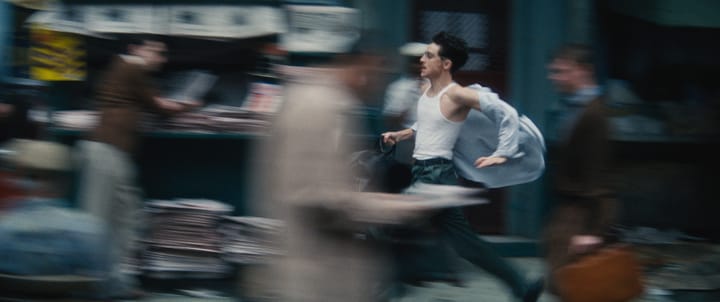
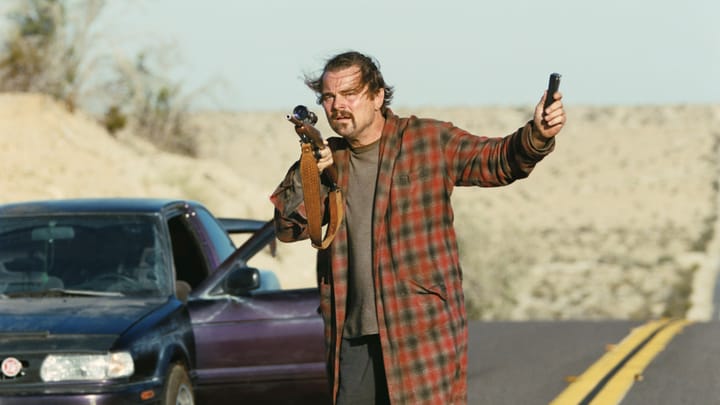
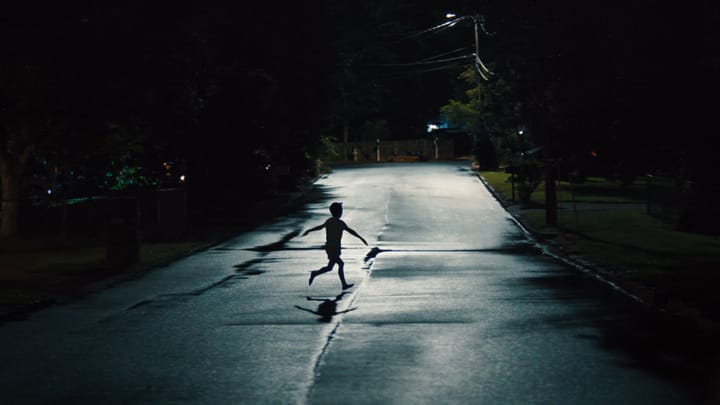
Comments ()